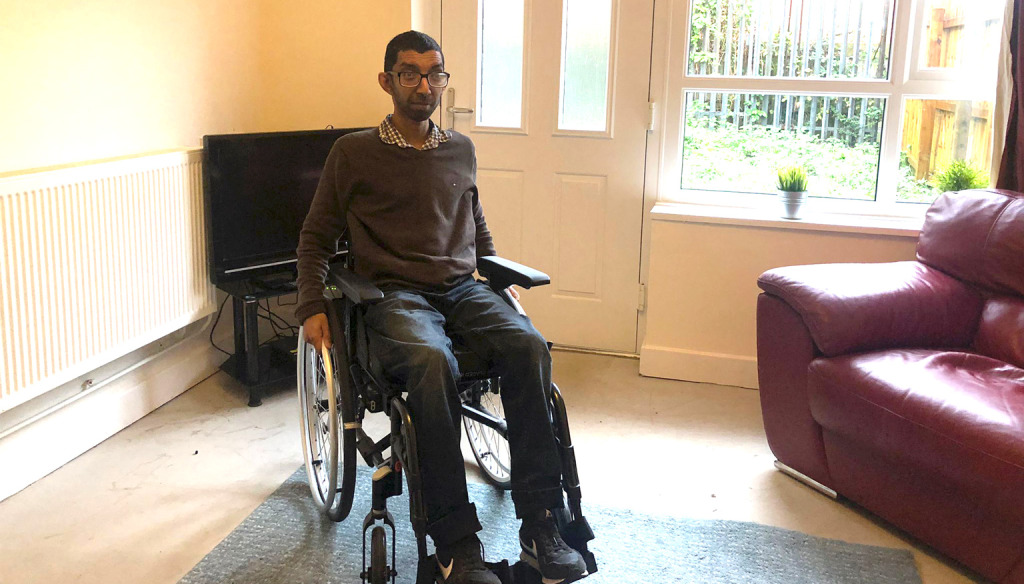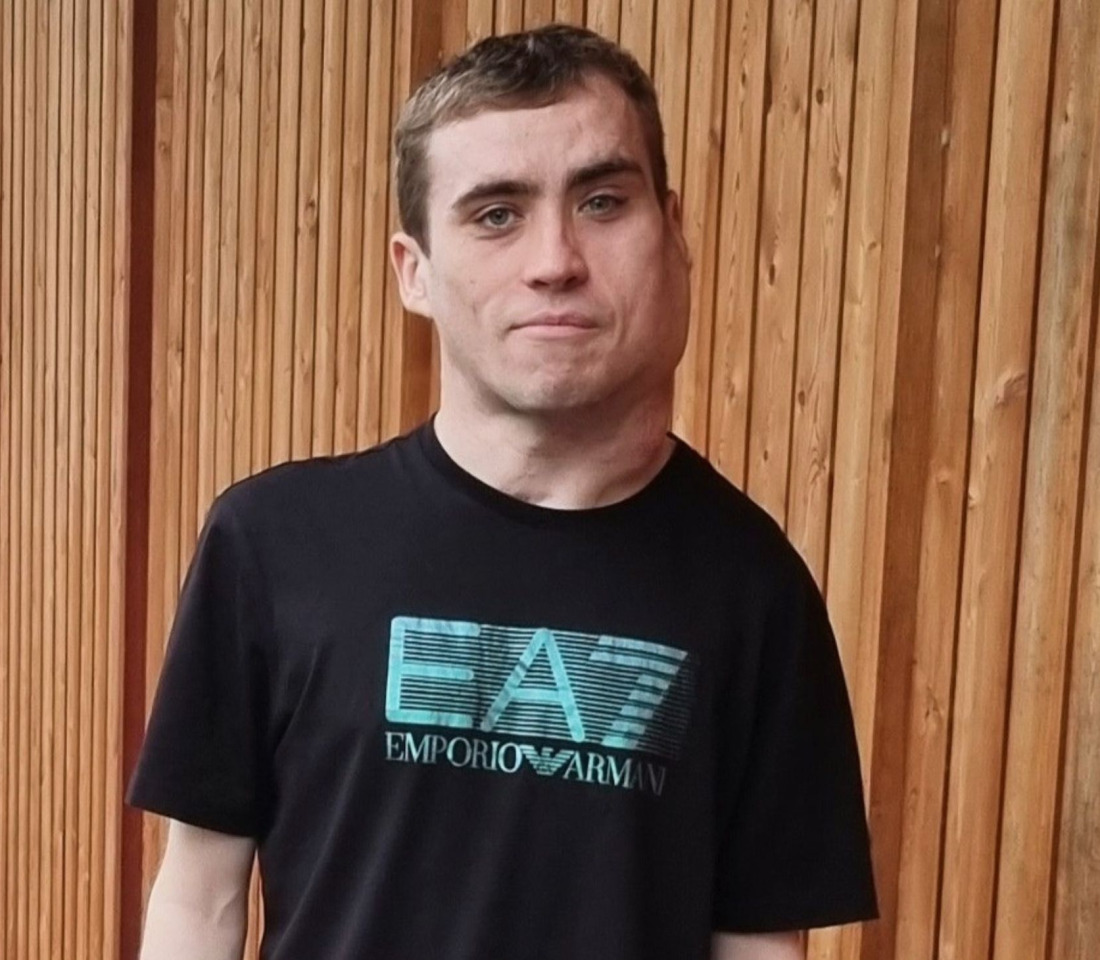Rupak’s MS diagnosis story
Dad-of-three Rupak, from Surrey, had just set up his own business when he was diagnosed with primary progressive multiple sclerosis (MS) in 2018.
When the 43-year-old businessman began to fall over a lot, Rupak went to hospital in Surrey.
There, an MRI scan discovered lesions on his spine which seemed to point to MS.
He said: “Not having a diagnosis taken seriously at the beginning had a really detrimental effect on my mental health
“When I saw a neurologist, he said to me ‘I hadn’t proven to him I had MS’.
“This was heartbreaking to hear. I didn’t realise it was my responsibility to prove anything to him. It felt like I
was being called a liar.“I didn’t wake up one morning and say to myself ‘I want a life-changing neurological disease’.
Over the next few years Rupak’s condition got worse, and he was struggling to get up the stairs.
He became unable to work and lost the new business he had poured so much energy into.
Rupak’s partner and three children, aged five, seven and eleven, were forced to move in with family in Liverpool to ensure the children had a stable home environment.
Rupak was left homeless – living between Travelodge and Premier Inn hotels in Merseyside when the UK’s first COVID-19 lockdown hit.
He is now a full-time wheelchair user and only has one working eye due to his condition.
Rupak said: “Before I got ill, I had a very successful career.
“But when I got diagnosed, my business fell apart. I went from having a very comfortable life to being homeless, in a wheelchair and without anything – simply surviving.
“During the COVID-19 lockdown I was put into sheltered accommodation by the local council, which was for people who had just got out of jail and had nowhere to go.
“It felt like my life was basically done at that stage. I had no support, and no one to turn to. Surviving is difficult enough, surviving with no support is impossible.”

Rupak’s story is presented as a case study from The Brain Charity’s report on the delayed diagnosis and misdiagnosis of neurological conditions. Read our It’s all in your head report here.











